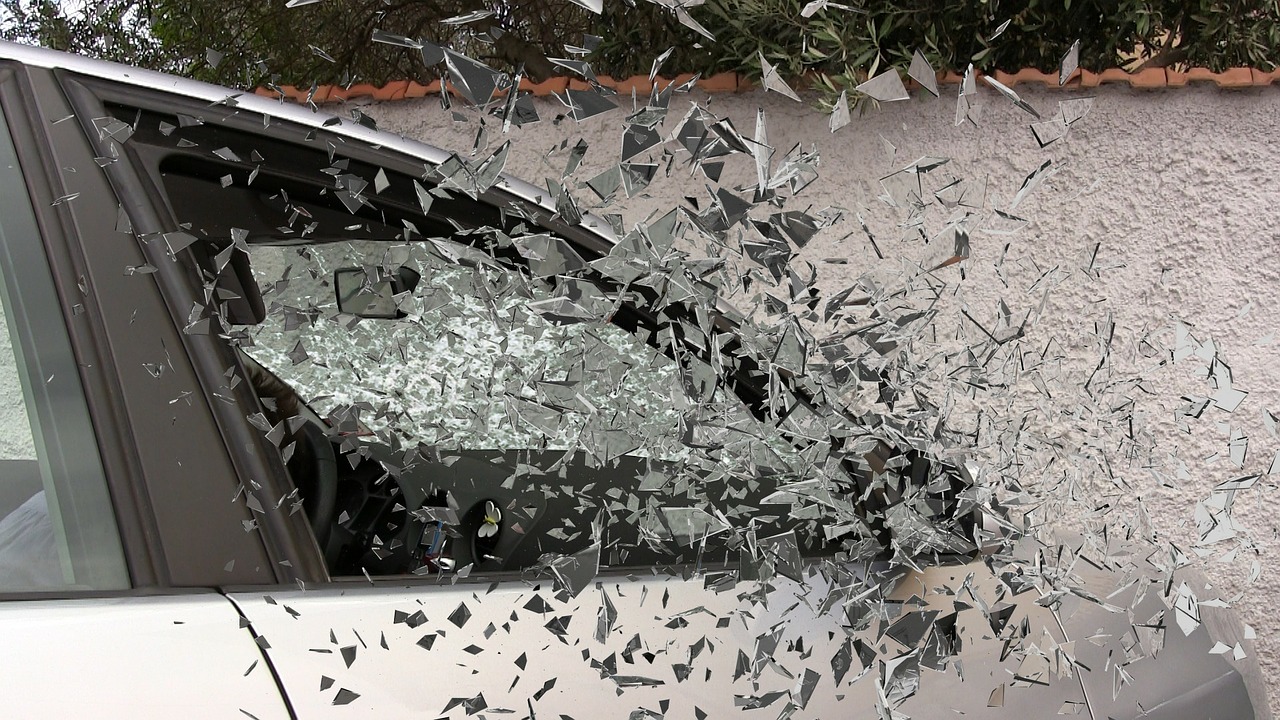When someone is injured due to a condition on another person’s property, they may have the legal right to be compensated for their injuries by the property owner. Simply because an injury happened on another’s property does not mean that the property owner has liability.
Liability must be established under Washington common law. There are not laws on the books in Washington that lay out what a property owner’s duties are to prevent injuries to other persons. This type of law is based on common law, or the collective historical writings of courts in establishing what our duties are to each other in different situations. Recently, the Supreme Court of Washington made a change to the manner in which a premises liability case can be brought in Washington.
Traditionally, anyone injured on the property of another would have to prove that the injuries were caused by a dangerous condition that the property owner either knew about and failed to take appropriate remedial action or warn others, or that the hazardous condition was in existence so long that the owner reasonably should have known about it.
Now, as a result of the ruling in Johnson v. State of Washington, anyone injured due to a dangerous condition on another’s property does not necessarily have to show that the owner knew or should have known about the specific condition, but, rather, that the store owner should have known that the condition causing the injury was reasonably likely to exist given certain conditions. In this case a customer at a State-operated liquor store slipped on wet linoleum upon entering the store and after walking across two mats designed to help with the tracking of rainwater into the store’s entrance area. Because there was evidence that the store employees knew that when it rained the mats were insufficient to completely eliminate the hazard of people tracking water into the store, they would put of a “wet floor” sign to warn people. Although it was a rainy day when the plaintiff entered the store and then slipped after crossing the mats, the store employees had not put out the warning sign. Accordingly, there was evidence that the store should have known about the hazard and negligently failed to warn under the circumstances. The Supreme Court expanded Washington law so that even though the employees did not specifically that the floor had gotten wet and was hazardous, they should have known under the totality of the circumstances and either fixed the problem or warned against it. The test is whether the condition was reasonably foreseeable and therefore should have been warned about or fixed.



0 Comments